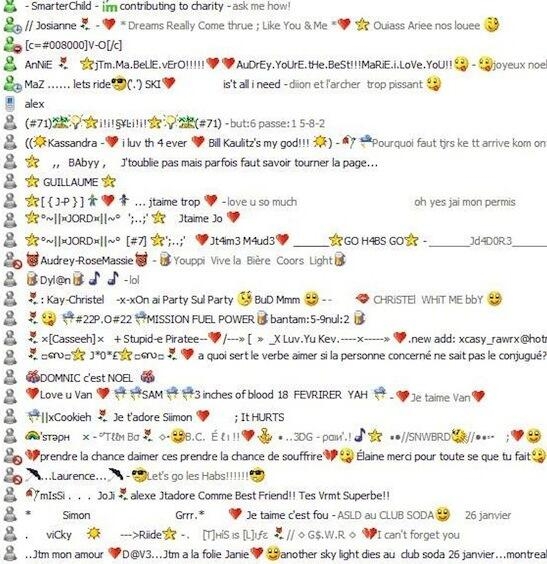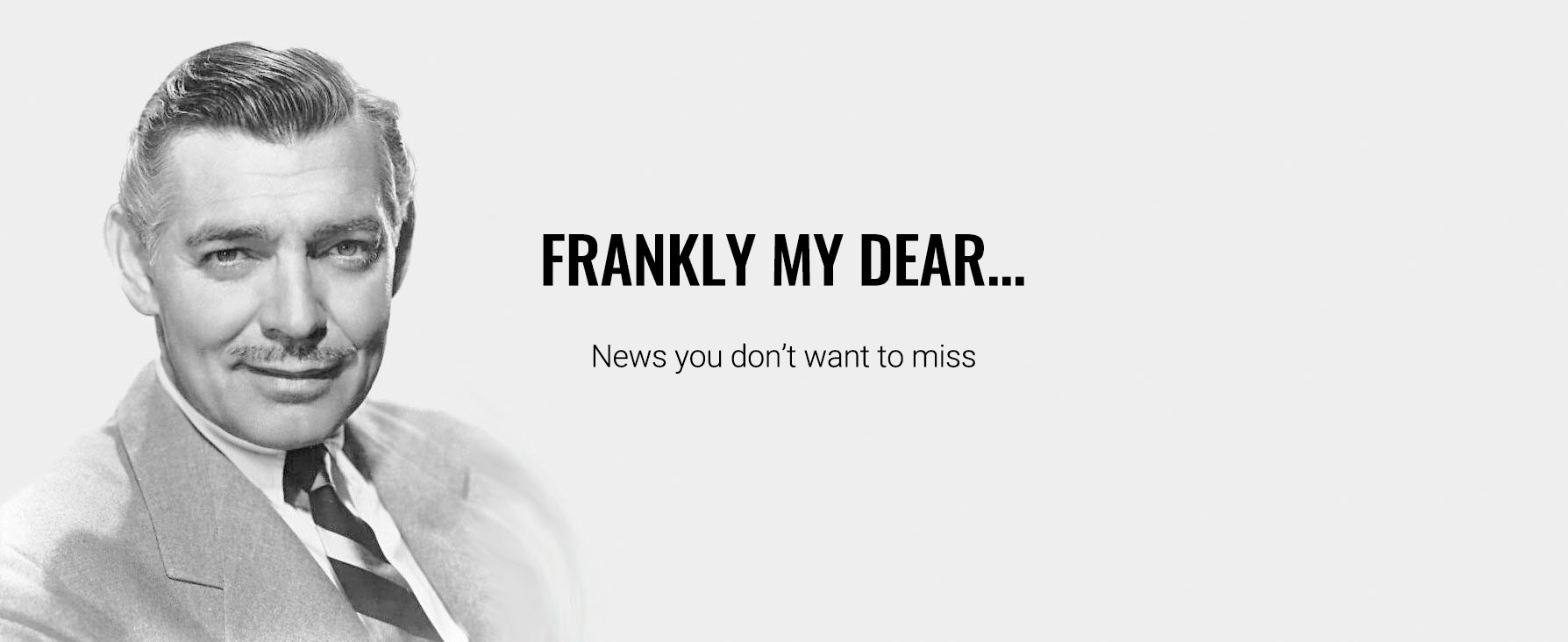Published: 04/09/2024 by Kayleigh Walter
.jpg)
My friends and I have this running joke that you can always tell when I’m in a bad mood because my text messages will be short and there’s an increase in full stops - and they’re right. If you’ve annoyed me somehow, I get all passive aggressive and make my sentences short and to the point.
Here is an example of myself typing normally compared to when I’m irritated.
‘Yeah, okay that makes a lot of sense! It was really cold that night, you should’ve worn gloves and a hat.’
‘Yes. Makes sense. It was cold, you should’ve worn a hat and gloves.’
Short sentences = Annoyance, Short.
Full stops = Finality, Frustration.
Difference between ‘Okay and ok’ = Irritation, Annoyance, Impatience.
The difference is quite obvious to me and my friends, and this got me thinking about texting in general and the language in which we use to communicate every single day. Talking face to face is something you do at work, it’s not something you do with your friends every day, yet most people these days won’t go a day without talking to their friend's thanks to an abundance of social channels and their smartphone.
We’ve had to adapt our speaking patterns or should I say typing patterns to help our tones and meanings come across in a single text message so we can get the same out of a texting conversation that we could a face to face conversation.
I can tell from reading my friends text message if she’s upset or angry, tired or excited simply by the way she writes her message.
As I mentioned in my opening paragraph, a full stop at the end of a sentence brings a sense of finality to it, reading ‘yes’ is very different from reading ‘yes.’ Reading ‘okay’ is once again very different from reading ‘okay.’ or the dreaded ‘k.’ All because of the use of the full stop.
Of course, everyone will have their own unique spin on this language so it will also come from knowing your friends and the longer you’re talking to someone but stick with me here.
Back with the invention of the internet and chat rooms like MSN, we always used to use shorthand, unfortunately, I myself have fallen foul to this. We developed a new way of communication to ensure we could say as much as we could, as quickly as we could.
A standard MSN message back in the day would, unfortunately, look something like this:
‘ HiiiIIIiiii bbz. Wuu2? Skl was so ugh 2day. LOL! U on Bebo 2? ROFL! Yh, D sed. Kl Kl. K, BRB Mwah. xxxxxxxxx’
Now you’ll probably only be able to make sense of that if you’re part of the MSN generation. Honestly if I could think of some better examples I would share but apparently, it’s too long ago for my brain to handle and it’s probably a good thing, I mean take a look at some of the MSN screen names. - Yeah none of them makes sense to me either.

Image Source: throwback.com
Translation: ‘Hi babe. What you up to? School was so ugh today, laugh out loud. You on Bebo too? Yeah, David said. Cool, cool okay. Rolling on the floor laughing. Be right back, kisses. Xxx’
We had our own language, we could understand each other while those who hadn’t learnt the ‘language’ couldn’t understand.
I don’t know about you but I went through a phase, I would use shorthand and abbreviations for everything and anything. Then I came back around and now only try to communicate in proper English, but it’s not really what we call proper English, it’s a new kind of English that exists only in the world of digital communication.
As technology gets smarter, face to face conversations continue to dwindle as we are always in the midst of open communication with our friends through social media and texting so it only makes sense for us to create a new way in which we can communicate with all the benefits of face to face conversation such as jokes and sarcasm, without the face to face.
Our generation has created a tone in the way we write and communicate online. A specific set of rules that allows the language to be universally understood.
We can understand each other when we communicate in this way, talking and understanding the jokes and the sarcasm through the way in which each message, each sentence is written. Nothing is unintentional (unless we fall victim to autocorrect or fat thumbs,) every piece of punctuation, every letter has been carefully chosen by the sender to convey the right tone and emotion.
Emojis play a huge part in daily conversation now and many have a variety of meanings depending on the context in which it’s used but that’s for another article.
Read these two messages...
‘Morning, how are you? Did you see that post last night? You know the one from Rodger?’
‘MORNING!!!!! HOW ARE YOU!?? Did you see that post last night!? You know, the ONE from RODGER!?!?!?’
Be honest, did you read those two sentences the exact same way? If so, I’d love to know how you did it, or maybe I’m just so ‘fluent’ in this new form of communication I can’t go back. But if you didn’t, why didn’t you? What was it about the way they were typed that made the same words take on a different tone?
‘MORNING!!!!! HOW ARE YOU!??’ in all capitals conveys shouting and excitement compared to the standard ‘Morning, how are you?.’
Once upon a time, sending multiple messages in a row without a response would’ve meant that you were impatient to wait for a reply or nagging them. Sure it can still mean that some people really can’t take the hint but some people, like myself, use it to form sentences and paragraphs, pausing as you would in an actual face to face conversation.
Facebook, Snapchat, WhatsApp and so on allow us to communicate with our friends all day every day across a multitude of platforms. A form of communication which is very different from having face to face conversations. If a friend is saying something funny, you’ll be able to tell by their facial expressions and hand gestures which aren’t obvious when having an online conversation. This is why we have created a new form of communication, one that uses grammar, punctuation and capitals to convey tone, emotion and meaning.
I find myself wondering how our forms of communication might change in the future compared to how far we’ve come since the days of MSN and this is purely my generation as a Millennial. The generation below me such as Gen Z and Gen Alpha use words like ‘on fleek’ and ‘sick’ and honestly, I just don’t get it.
I am intrigued to see what the future holds for each generation as the way in which we communicate develops and the way in which their communication changes and adapts.
